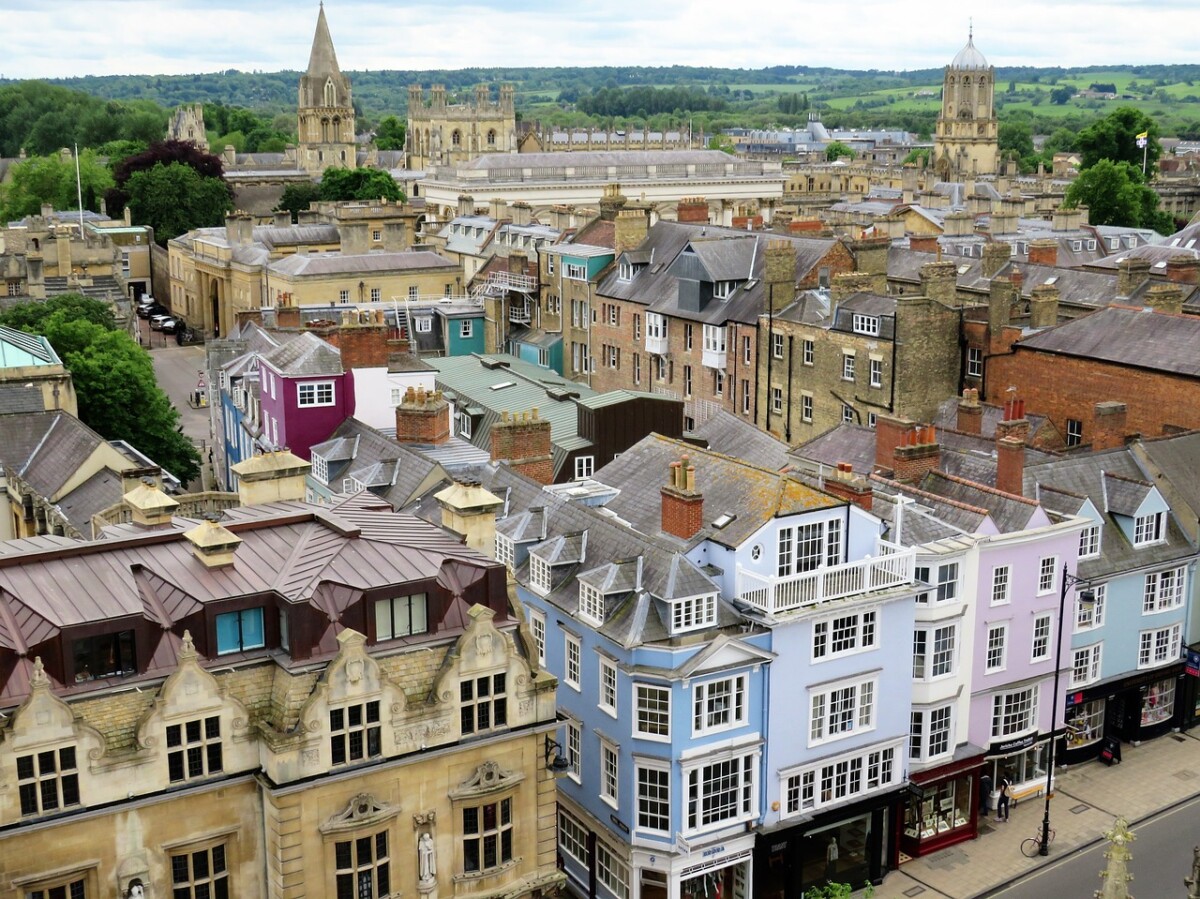Oxford University receives £100m donation to create antimicrobial research institute
Oxford University has received one of the largest donations ever to be given to a university: £100 million from manufacturing company Ineos.
The donation is to enable Oxford University to create an institute to fight antimicrobial resistance. This currently causes an estimated 1.5 million excess deaths each year, which could rise to over 10m deaths per year by 2050. It is also predicted to also create a global economic toll of $100 trillion by mid-century.
The new Ineos Oxford Institute will benefit from the facilities and expertise of Oxford University, and will create collaborative and cross-disciplinary links across the sciences. It will be based between two sites in Oxford, linking the University’s Department of Chemistry with the Department of Zoology in the new Life & Mind Building, which is currently under construction.
Advertisement
With the majority of global antibiotic consumption by volume used for agriculture, and drug use in animals contributing significantly to their lessening effectiveness in humans, the new Institute will focus on designing novel antimicrobials just for animals, as well as exploring new human drugs.
Alongside its drug discovery work, the IOI intends to partner with other global leaders in the field of antimicrobial resistance (AMR) to raise awareness and promote responsible use of antimicrobial drugs. The academic team will contribute to research on the type and extent of drug resistant microbes across the world, and critically, will seek to attract and train the brightest minds in science to tackle this ‘silent pandemic’.
Sir Jim Ratcliffe, Chairman of Ineos said:
“Innovative collaboration between industry, academia and government is now crucial to fight against AMR. We are excited to partner with one of the world’s leading research universities to accelerate progress in tackling this urgent global challenge.”
Surgeon David Sweetnam, Adviser to the Ineos Oxford Institute, commented:
“The growing menace of bacterial resistance to antibiotics is one of the most underreported issues of our time. All modern surgery and cancer treatments rely on the use of effective antibiotics. To lose this precious gift will signal a return to a pre-antibiotic era. We now have a very narrow window of opportunity in which to change course and prevent the unthinkable from becoming the inevitable.
“If there is any positive lesson to be taken from the devastation of the Covid-19 pandemic, we’ve clearly seen that the only way out of such infectious disease crises is through brilliant scientific groundwork laid well in advance. It’s clear that we must be looking right now for new antibiotics with the same urgency as we have been for vaccines.”
Ineos has previously supported other initiatives in the public health space, including funding The Daily Mile, which aims to get the world’s children active every day in order to tackle obesity and improve health and wellbeing.




